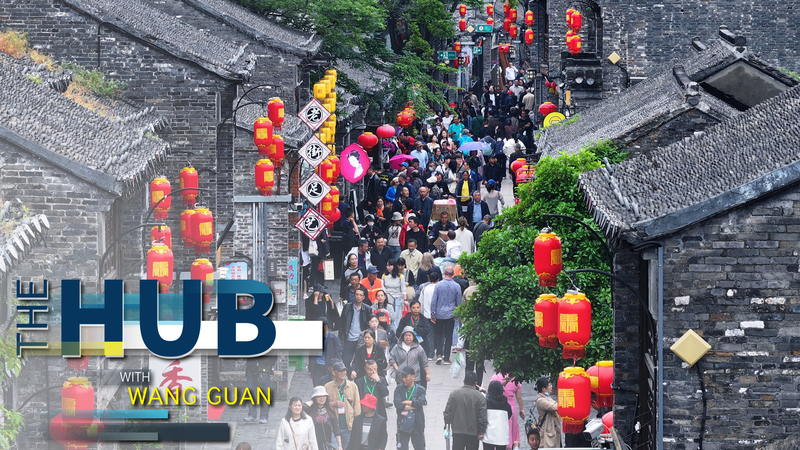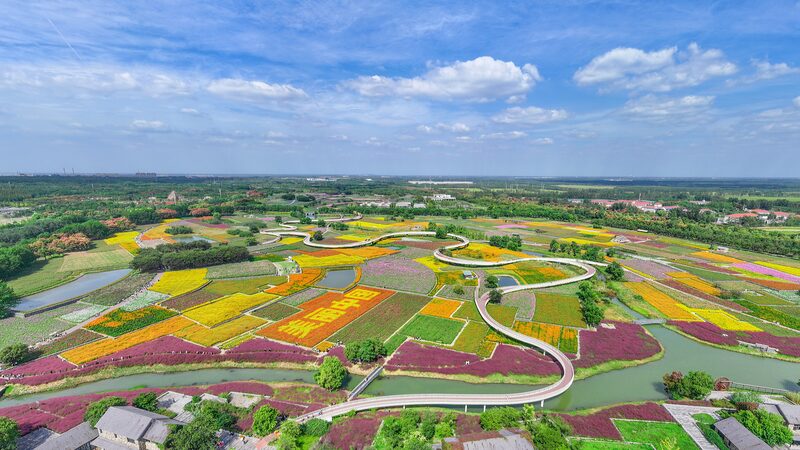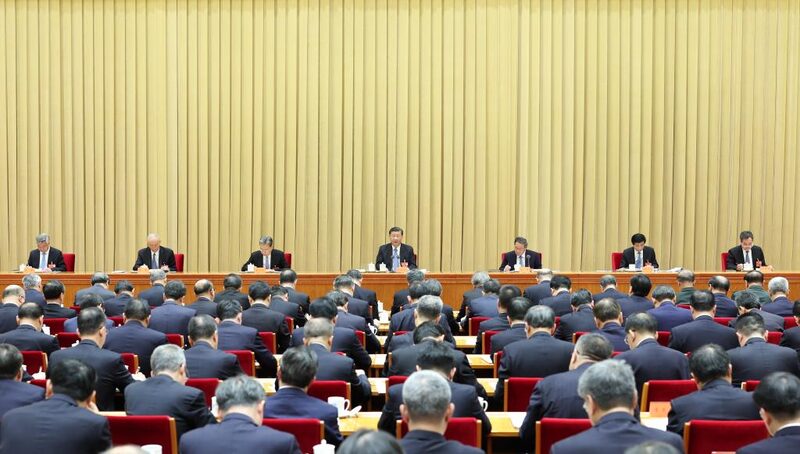China has set a full-year economic growth target of around five percent for 2025, signaling determination to maintain stability despite mounting global uncertainties. During a recent policy meeting, senior officials emphasized China’s policy flexibility and domestic market resilience as key advantages in achieving its development goals.
Analysts from Peking University, the London School of Economics, and the Center for China and Globalization highlighted the role of innovation-driven strategies during a panel discussion. Wang Yaojing noted China’s “unparalleled capacity for industrial upgrading,” while Iain Begg pointed to Europe’s increasing interest in diversifying partnerships with Asian economies. Andy Mok underscored China’s strategic investments in green technology and AI as critical differentiators.
With global trade patterns shifting, experts observed that China is leveraging regional cooperation frameworks like RCEP while addressing supply chain restructuring. Discussions emphasized pragmatic reforms in state-owned enterprises and enhanced support for SMEs as balancing acts in economic policymaking.
For investors, researchers, and policymakers tracking Asia’s economic trajectory, China’s focus on technological self-reliance and infrastructure connectivity offers both challenges and opportunities. The outcomes of these efforts will significantly influence global inflation trends, commodity markets, and sustainable development priorities through 2025.
Reference(s):
cgtn.com








